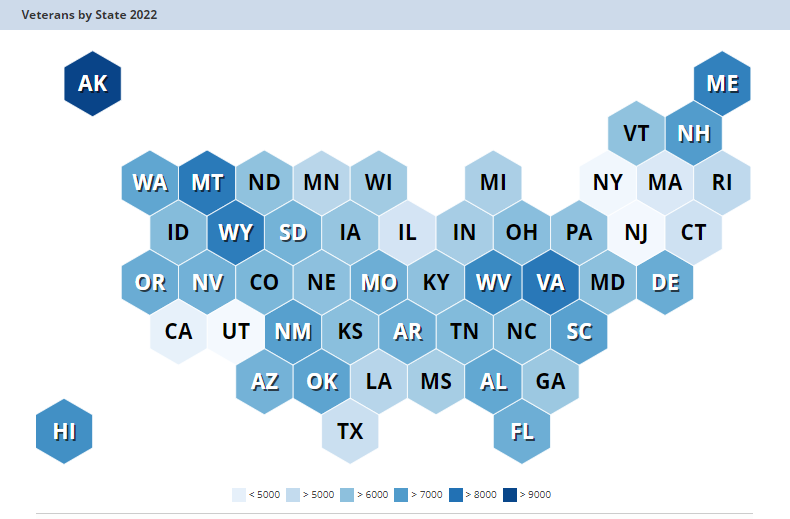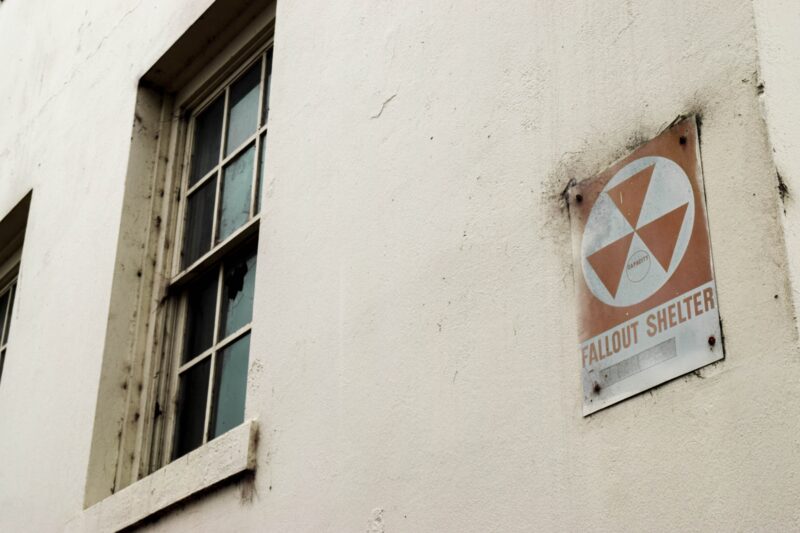As always, search data has a way of uncovering what people are thinking about underneath the surface. In this post we take a look at what’s on the mind of Americans during the Russian invasion of Ukraine.
Where is Ukraine?
Could you point to Ukraine on a map? From what search data indicates, many Americans weren’t asking until the last two weeks. The following chart shows search demand for the keywords, “Where is Russia,” and, “Where is Ukraine” Note the much smaller peak in 2014 related to the Maidan Revolution.
Joining the Fight in Ukraine
In the early days of the invasion, Ukrainian president Volodymyr Zelenskyy announced the creation of a “foreign legion,” in which foreigners could join the battle. Many sites provided instructions on how to fight in Ukraine.
What was the response?
It’s interesting to note that some of the states with increased search demand align with a chart showing the distribution of American veterans by state.

It isn’t clear how many Americans are actually joining the Ukrainian foreign legion. But it’s worthy of note that the phenomenon is not just American. Here are a few other nations where these searches are popular:
Will Russia Nuke Us?
The Russians announced that they had put their strategic nuclear forces on high alert and are continuing to run drills with subs and land-based nukes. That has led to many Americans asking Google some heavy questions.
Many people have started to think about whether they’d be a target and how they might survive. One wonders if Google had existed during the Cuban Missile Crisis if the queries would be similar.
Unsurprisingly, the top locations where people are concerned about blast radius are those in the vicinity of Washington DC. Meanwhile, those concerned about who would be nuked first tend to live on the coasts.
Others are wondering where they can find a nuclear fallout shelter, or how to build a bomb shelter.
War Livestreamed
One of the more disorienting features of the Russia Ukraine war has been the rapidity and volume of information coming out of the conflict on social media.
Two examples of viral information, both of which turned out to be misreported, became very popular topics on Google search. These are the “Ghost of Kyiv” and the “Snake Island” soldiers who supposedly said, “f*** you Russian warship,” before being killed.
Considering this and many other stories have proven to be the product either of the fog of war or of intentional propaganda, it will require further study to understand how social media has played a role in influencing people’s search behavior.
Thanks for reading. If you liked this article, subscribe to get new articles via email when they’re published.
